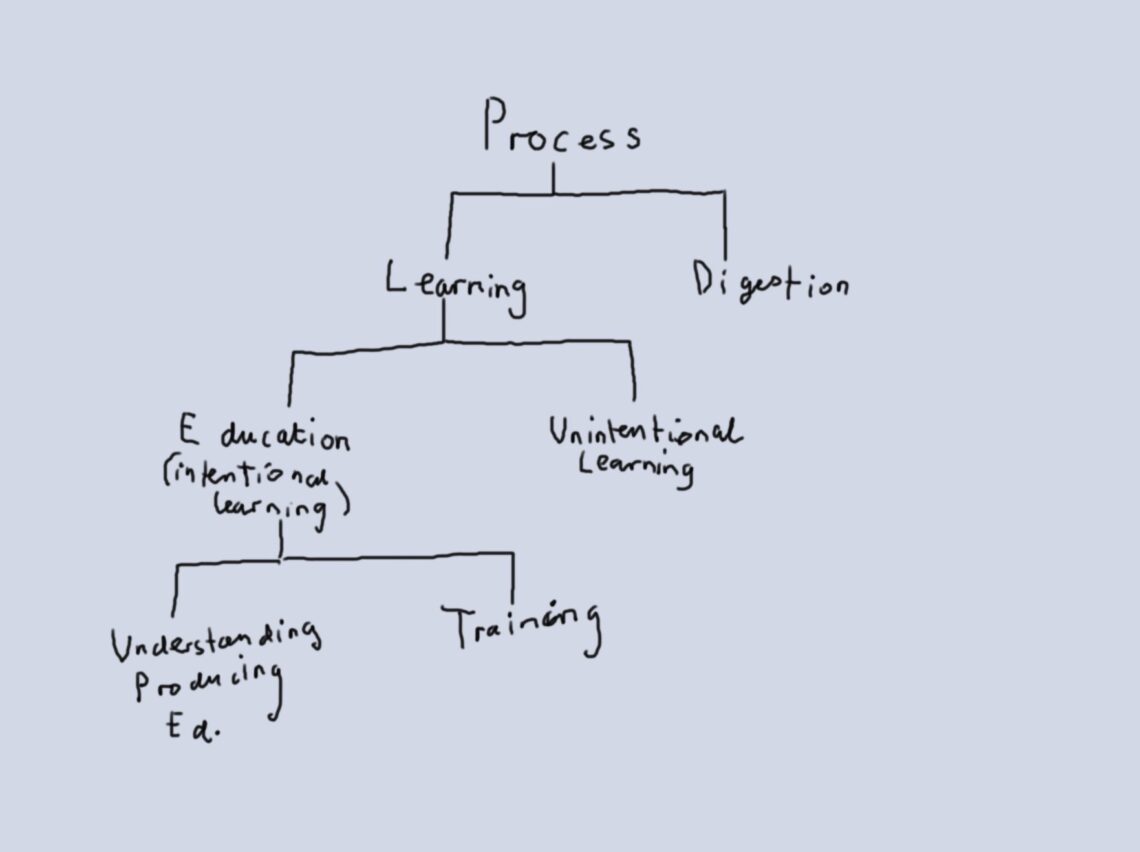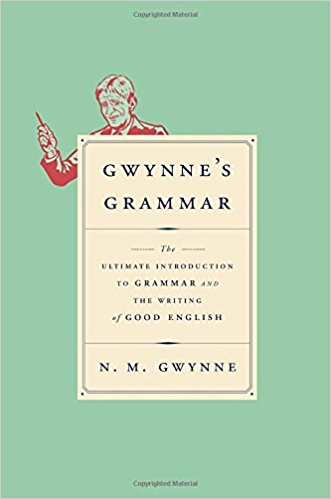The project of constructing a history of philosophy comprises at least three projects, two of which are explanatory and one evaluative. First, a history of philosophy seeks to explain our present circumstances, especially their intellectual foundations. As A. C. Grayling puts it, “Philosophy’s history … is a retrospective construct. It is chosen from the wider stream of the history of ideas in order to provide today’s philosophical concerns with their antecedents” (A. C. Grayling, The History of Philosophy, xv). Tracing the origin of an idea explains how we got where are. It also demonstrates that the intellectual problems we presently face are not novel. They are problems with an intellectual history. Often we…
-
-
Should We Read Books by Bad People?
I am sometimes asked why we assign readings by people who exhibit bad character or perform immoral acts. Of course, there aren’t any morally perfect writers, but there are plenty who have done or supported pretty terrible things. Why lend their lives credence by exalting one of their works to a list of ‘great’ books? On one view, certain immoral acts should be condemned by ignoring all the works of those who perform them. After all, works are expressions of the characters of the people who authored them. Consequently, those expressions are as bad as the one who expressed them. Call this the strict censure view. According to this view,…
-
Concepts in Ed.
I have started re-reading George R. Knight’s book, Philosophy and Education: An Introduction in Christian Perspective. I am reading it with a student from one of my classes. It is an excellent book. I wish you could all join our little group, so I thought I’d post some of our discussions for your reading pleasure. In the first chapter, Knight analyses some key concepts in education – learning, education, and training. Here are his analyses in my own words based on what my student and I discussed: If I burn my hand in the fire, I learn not to put my hand in the fire again. Learning like this happens…
-
Truth and Theological Method.
How should we do theology? The answer to this question comprises a theological method. A theological method describes how one goes about doing theology. Theological Reflection (TR) is a recently developed theological method. Its roots are in theologies that stress a particular cultural context as the starting point for theology. Over the last few decades, TR has become more mainstream, making its way into seminaries and influencing some in the evangelical community. In this post I want to explain the method of TR and argue that to make it the dominant method for the theological task is a mistake. TR Begins and Ends with Experience All methods have to start…
-
In with the Old
Amber Petrovich argues that too many old people are in charge and that they should stand aside to make way for the young. The point is simple: Older people know less about what life is like now than younger people. Since government is about the present, younger people are better equipped to be in charge: “too many of our politicians are too out of touch to be making crucial policy decisions that affect millions of lives every day…I will never claim to know what adult life was like in the 1960s, ’70s and ’80s, but I do know what adult life is like now. So why are you still making…
-
On Contemporary Education
According to the CCSSO teacher of the year, Sydney Chaffee, education is a matter of social activism. Teachers are to be facilitators, “thought partners” who let students “grapple with complex, hard issues” without “necessarily giving them the right answers.” Students are not formed, informed, or reformed by teachers; instead “students make choices” and the aim of the school is to “encourage students to articulate their own opinions, not to coerce them into agreeing with us.” It is the students who do the forming; teachers merely help them get where they want to go. Here is her vision: “School has to be bigger. It has to mean more than ‘I teach…
-
Why No One Mentions Dogs and Aliens Anymore
No one lies about what happened to their homework anymore. We don’t tell teachers that the dog ate it, or that aliens stole it. Instead, contemporary excuses are of two sorts. The nativist excuse suggests that there is some innate deficiency in the student that determines that she is unable to achieve success in some discipline. For example, upon receiving a terrible grade on her math test, a student may remark, “I’m just not a math person.” According to the nativist, one’s success or failure is determined by an innate ability (or inability) to succeed in a given domain of learning. The excuse implies that failure on a test is…
-
Grammar and Normativity
In Chapter 2 of Gwynne’s Grammar, Nevile Gwynne claims that happiness is partly dependent upon good grammar: “If we don’t use words rightly, we shall not think rightly” “If we do not think rightly, we cannot reliably decide rightly, because good decisions depend on accurate thinking” “If we do not decide rightly, we shall make a mess of our lives and also of other people’s lives to the extent that we have an influence on other people” “If we make a mess of our lives, we shall make ourselves and other people unhappy” Therefore, “Happiness depends at least partly on good grammar” Premise (1) suggests that good grammar is the…







